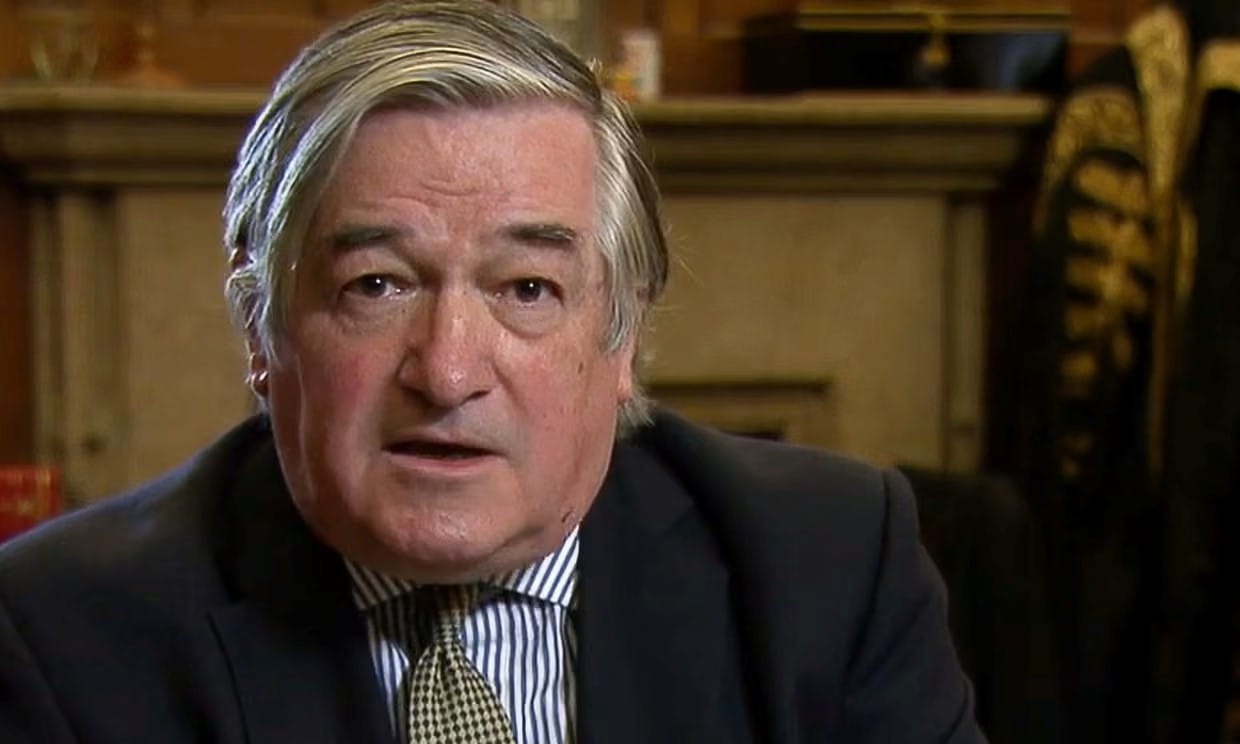AB v CD [2025] EWFC 253 (B)
DJ Dodsworth’s short judgment gives a blueprint of how not to prepare a case for trial, and how not to make a relief from sanctions application.
Judgment date: 28 July 2025
https://caselaw.nationalarchives.gov.uk/ewfc/b/2025/253
DJ Dodsworth’s short judgment is a blueprint of how not to prepare a case for trial, and how not to make a relief from sanctions application.
Both parties had solicitors, and both were represented by counsel. There was a 537-page bundle, with no permission to exceed 350 pages. The bundle was filed late. Position statements were late. Witness statements were not filed on the portal. Witness statements were late and did not comply with the size and format restrictions.
W made an application on Day 1 of a two-day final hearing for relief from sanctions due to her failure to file and exchange her witness statement in accordance with a direction order.
Parties had been ordered to file and serve s 25 witness statements by 4 pm on 07 July 2025, limited to 8 pages with the usual format restrictions.
Both parties failed to comply with the witness statement order: neither party’s witness statement was filed on the portal. H’s witness statement was dated 11 July 2025 and W’s witness statement 22 July 2025. Both statements exceeded the page limit. H’s witness statement font was too small.
Rules
FPR 22.10:
‘If a witness statement for use at the final hearing is not served in respect of an intended witness within the time specified by the court, then the witness may not be called to give oral evidence unless the court gives permission.’
The clear sanction is that the party who does not serve their witness statement by the time/date specified, cannot give oral evidence without permission.
FPR 4.5(3):
‘Where a rule, practice direction or court order –
(a) requires a party to do something within a specified time; and
(b) specifies the consequences of failure to comply,
the time for doing the act in question may not be extended by agreement between the parties.’
Application
W made an application for relief from sanctions, governed by FPR 4.6(1). The court was less than impressed with the evidence W put forward in support of her application for relief.
Working through the FPR 4.6(1) factors in [11]–[18] the judge found only one factor that pointed towards granting relief. That being, if relief was granted, the final hearing was likely to be concluded in the remaining time. As for the other factors, all militated against granting relief:
- Where courts are under strain failure to comply with the timetable set by the court adds to the pressure.
- The application was not made promptly.
- Where a party delayed, even if they said they were waiting on the others’ documents, that was intentional delay.
- The purported explanation was hardly an explanation let alone a good one.
- The applicant was responsible for her instructions to her solicitors; there was no suggestion missing the date was the solicitor’s error.
- Non-compliance with the rules was a form of cheating: Xanthopoulos v Rakshina [2022] EWFC 30. The effect of W serving her statement very late was that H’s time to consider it and give proper instructions had been very severely truncated.
Outcome:
The court set out a timetable for the service of evidence which gave each party a fair opportunity to consider the other’s statement. W’s choice to serve her evidence late meant that the process becomes unfair.
Looking at all the factors in FPR 4.6(1) and all the circumstances of the case, the judge refused W’s application.






